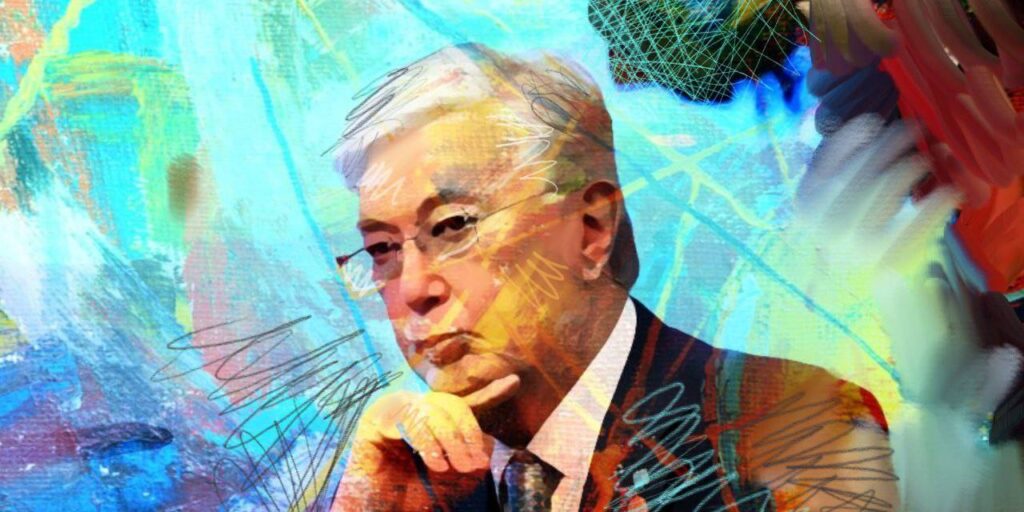Kazakhstan’s President Tokayev Foresees a Bigger Role for Middle Powers in Solving the World’s Problems
Middle powers, sometimes called “swing states”, may rank below superpowers and great powers in terms of their international influence and capacity, but are still quite instrumental in world affairs as they can often remain neutral in big conflicts and benefit from such factors as their geostrategic location, natural resource wealth, diplomatic and economic strength, and/or military capabilities. They can play a key role in overcoming fragmentation of the world economy and secure supply chains through such transit routes as the Middle Corridor. Today, middle powers have the agility to navigate complex political situations in many parts of the world that greater powers simply lack whether due to their own internal dynamics or because they lack the trust of the parties involved in certain conflicts and issues. In terms of realizing the green transition, middle powers can help secure supplies of critical minerals and other key materials. These countries are also often proponents of finding multilateral solutions to international problems. Kazakhstan is currently among the world’s influential middle powers. On the positive role his country can play, President Kassym-Jomart Tokayev recently wrote in a Euronews opinion piece that, “nations like ours possess the economic strength, military capabilities, and, perhaps more importantly, political will and diplomatic acumen necessary to exert significant sway in the global arena on issues ranging from food and energy security, green transition, and IT to the sustainability of supply chains.” These strengths are particularly relevant amidst a global discord where, in Tokayev’s words, “the traditional powerhouses – the world’s economic and political behemoths – are increasingly unable to work together”. Countries like Kazakhstan, on the other hand, “can ensure stability, peace and development in their immediate regions and beyond” and “carve paths toward compromise and reconciliation”. Kazakhstan has deepened its cooperation with other middle powers within Central Asia and the Caucasus to address cross-border challenges such as water security and countering terrorism and narcotrafficking. Its collaboration with Azerbaijan and Turkey has been critical to actualizing the Middle Corridor project that opens Central Asia to Western markets. Kazakhstan is working closely with European states to guarantee their energy needs. For Asian countries, Kazakhstan has come into focus as an attractive foreign investment destination. These middle power collaborations have been formalized through highest-level bilateral meetings. Tokayev has carried out dozens of such meetings in 2024 year alone. Having come from a long diplomatic career himself, it is encouraging to see President Tokayev’s ongoing support for multilateralism and international cooperation. Kazakhstan will co-chair the inaugural One Water Summit later this year with France to address the global water crisis including the effects of climate change, biodiversity loss and pollution. The event is key to bringing together affected countries and communities from around the world. Additionally, leading regional efforts to counter the effects of climate change, Kazakhstan has offered to host a UN Regional Centre for Sustainable Development Goals on Central Asia and Afghanistan. The country is also undertaking initiatives to advance peace talks between Armenia and Azerbaijan. “With major powers increasingly unwilling to...

